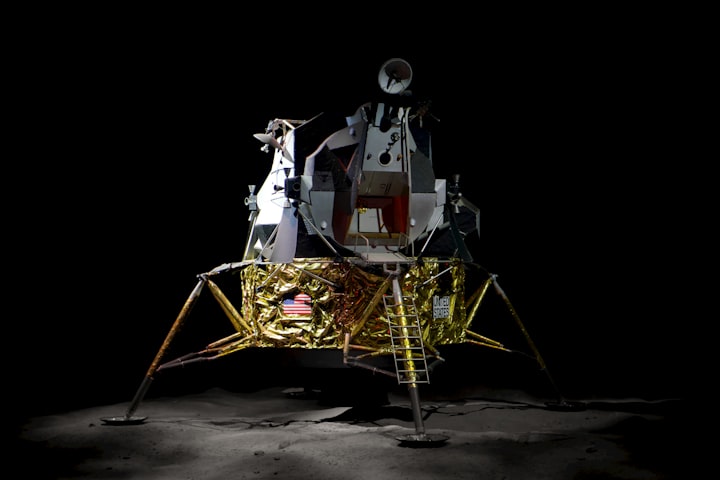
The year was 2050, and humanity had made great strides in space exploration. The colonization of Mars was well underway, and scientists were already looking to the next frontier: a planet known as Kepler-438b.
Kepler-438b was a rocky, terrestrial planet located in the habitable zone of its star. It was roughly the same size as Earth and had a similar composition, making it an ideal candidate for human habitation. And so, a new space race had begun - this time, to see which nation would be the first to colonize Kepler-438b.
The United States, Russia, China, and several other nations had already launched their spacecraft towards Kepler-438b, but the competition was fierce. The journey would take years, and the challenges of colonization would be immense. But the potential rewards were too great to ignore.
As the spacecraft approached the planet, the nations raced to establish a landing site. The United States had selected a location near a large crater, while China had chosen a valley near the equator. Russia had opted for a spot near a large mountain range, hoping to find valuable resources.
The first humans to step foot on Kepler-438b were the American astronauts. They quickly set up a base camp near the crater and began to explore the surrounding area. They found that the planet was rich in resources, including valuable metals and minerals.
But the American success was short-lived. China quickly established its own base camp, and Russia soon followed. The competition was intense, with each nation vying for control of the planet's resources.
As the years went by, the colonies on Kepler-438b grew. They established cities, farms, and factories, harnessing the planet's resources to build a new world. But the competition between the nations remained fierce.
Tensions between the United States and China reached a boiling point when a dispute arose over a valuable mineral deposit. The two nations threatened each other with military action, and for a moment, it seemed that war was imminent.
But cooler heads prevailed. The leaders of the two nations realized that war would only result in mutual destruction. And so, they came to an agreement to share the resources of Kepler-438b.
The agreement brought peace to the planet, but it also brought new challenges. The colonies on Kepler-438b were forced to work together, sharing resources and knowledge to build a new world. It was not always easy, but it was necessary.
As the years went by, Kepler-438b became a shining example of what humanity could accomplish when it worked together. The planet was a beacon of hope in a universe that was often dark and unforgiving.
And so, the space race had led to a new world, a world that was built on cooperation and shared goals. It was a world that showed that even in the vastness of space, humanity could come together to achieve great things.
As the colonies on Kepler-438b thrived, they looked to the stars, wondering what other wonders awaited them. Perhaps there were other planets, other challenges, and other races to be won. But they knew that whatever lay ahead, they would face it together, as one humanity.
In the end, the space race had led to something far greater than any nation could have accomplished alone. It had led to a new world, a new hope, and a new era of cooperation and progress. And that, in the end, was the greatest victory of all.
About the Creator
DG MIGHTY
LOVE TO SHARE THE STORIES OF DIFFERENT CATOGORIOS WHICH INHANCES PEOPLE KNOWLEDGE






Comments
There are no comments for this story
Be the first to respond and start the conversation.